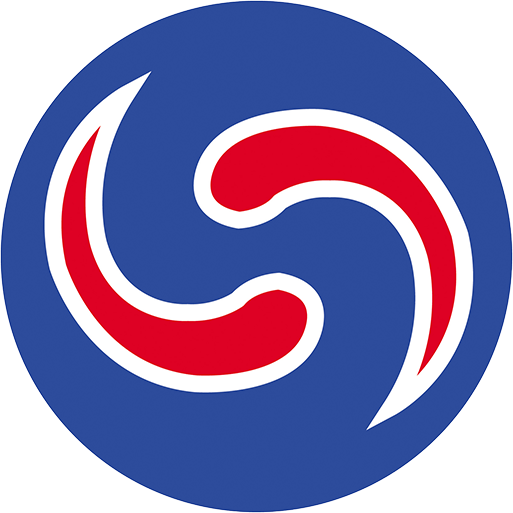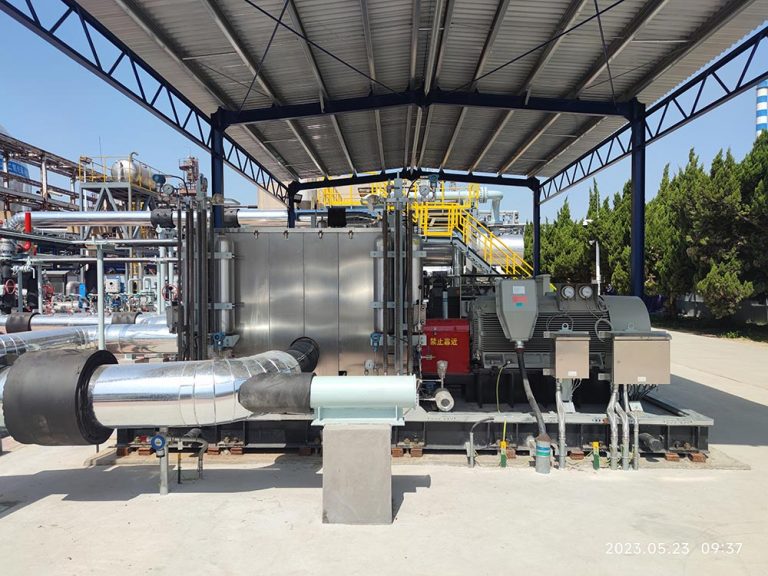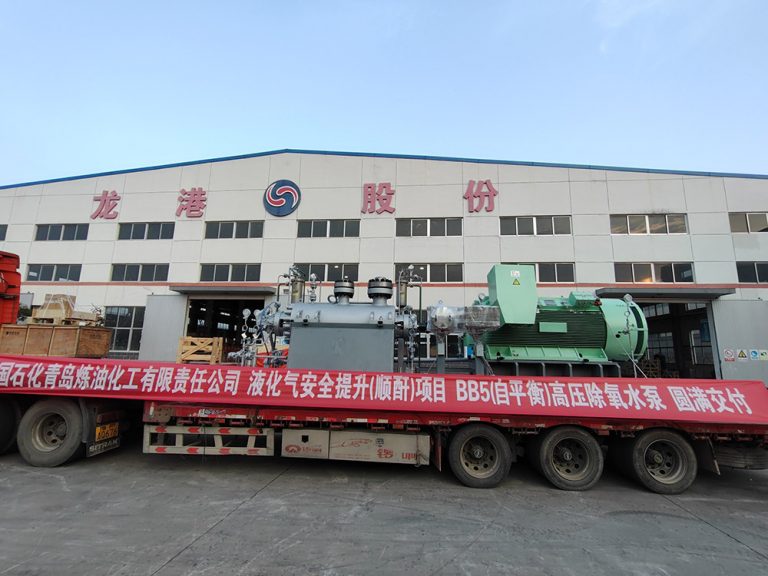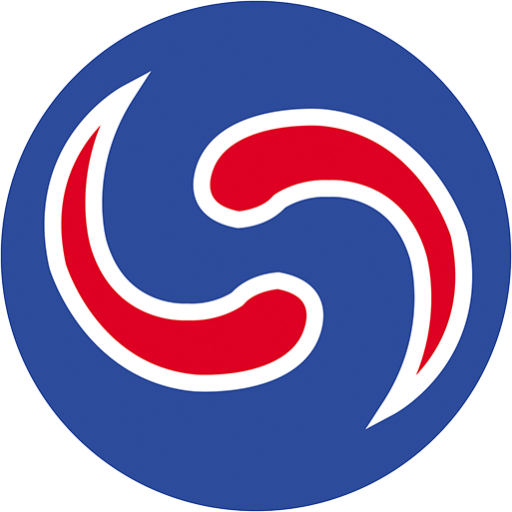Importance of Regular Maintenance for Chemical Pumps
Understanding the Role of Chemical Pumps in Industries
In various industries, chemical pumps are crucial for transporting chemicals from one place to another both safely and efficiently. They find extensive use in sectors like pharmaceuticals, wastewater treatment, and petrochemicals. These pumps manage a wide range of chemicals, necessitating that they are both sturdy and dependable to avoid any accidents during the transfer process.
Potential Consequences of Chemical Pump Leaks
The potential consequences of leaks in a chemical pump can be substantial and far-reaching. Leaks can lead to environmental contamination, posing significant risks to both public health and the environment. Additionally, they can result in costly downtime and repairs, not to mention the potential regulatory fines and legal liabilities that may arise from non-compliance with safety standards.
Benefits of Proactive Maintenance
Proactive maintenance of chemical pumps offers multiple benefits. It ensures maximum operational efficiency, extends the lifespan of the equipment, and minimizes the risk of unexpected failures. Regular maintenance also improves safety by preventing hazardous leaks and ensuring that the pump operates within specified parameters. By being proactive, businesses can save money in the long run and uphold their commitment to environmental and safety standards.
Yantai Longgang Pump Industry Co., Ltd. was established in May 2001. Yantai Longgang Pump Industry is a qualified supplier of CNPC, Sinopec, and CNOOC etc. It provides mature solutions for pumps in petrochemical equipment and provides key pumps for many domestic installations and applications such as tens of millions of tons of oil refining and millions of tons of ethylene. The products are widely used in various industries such as petroleum and petrochemical, coal chemical industry, basic chemical industry, environmental protection, and water treatment. The products highly welcomed in domestic and abroad.
Identifying Common Causes of Chemical Pump Leaks
Wear and Tear on Seals and Gaskets
Causes of Seal and Gasket Deterioration
Seals and gaskets in a chemical pump are susceptible to wear and tear over time. This deterioration can be accelerated by factors such as exposure to harsh chemicals, high operating temperatures, and the constant mechanical stress of pumping action. The material composition of the seals and gaskets also plays a significant role in their durability.
Signs of Seal and Gasket Damage
Spotting the initial indicators of damage to seals and gaskets is essential to prevent leaks. Look for noticeable cracks, frayed edges, or any deformities in the seals and gaskets. Furthermore, any strange noises or a drop in performance of the chemical pump could signal problems with these parts. Routine inspections can assist in identifying these signs early on, thus preventing potential leaks.
Corrosion and Erosion in Pump Components
Factors Contributing to Corrosion
Corrosion in pump components is a notable cause of leaks in chemical pumps. Factors contributing to corrosion include the chemical nature of the fluids being pumped, the materials used in the pump’s construction, and environmental conditions such as humidity and temperature. Certain chemicals are inherently more corrosive and can hasten the wear of the pump’s internal parts.
Preventative Measures Against Erosion
Preventative measures against erosion and corrosion include selecting the right materials for the pump that are compatible with the chemicals being handled. Regular cleaning and maintenance can remove corrosive residues before they cause significant damage. Implementing protective coatings or using corrosion-resistant alloys can also mitigate the effects of abrasive and corrosive substances.
Operational Errors Leading to Leaks
Incorrect Installation Procedures
Incorrect installation is another frequent cause of chemical pump leaks. Ensuring that the pump is installed according to the manufacturer’s recommendations is vital. Poor installation can lead to misalignment, which places undue stress on the seals and other components, resulting in leaks. Proper training for personnel in the correct installation procedures is essential to prevent these issues.
Inadequate Operation Monitoring
Insufficient oversight of the pump’s functioning can result in leaks. Persistent use without adequate supervision may cause the pump to overheat or function in conditions it wasn’t intended for, which can lead to early component failure. Establishing a strong monitoring system ensures that the pump operates within ideal parameters, thereby minimizing the chance of leaks.
Essential Preventive Maintenance Practices
Implementing Routine Inspection Schedules
Recommended Frequency for Inspections
Routine inspections are critical for maintaining the integrity of a chemical pump. It’s advisable to carry out these inspections at regular intervals, which may vary depending on the pump’s usage and the nature of the chemicals handled. For high-stress operations, weekly inspections might be necessary, whereas less demanding environments may require monthly checkups.
Key Areas to Inspect Regularly
During routine inspections, certain areas warrant closer attention to prevent leaks. Key areas include seals, gaskets, and joints as they are prone to wear. Additionally, inspecting the pump casing, impellers, and any visible pipes for signs of corrosion or damage is essential. Monitoring the pump’s operational parameters, like pressure and temperature readings, can also help identify potential issues early.
Proper Lubrication Techniques
Types of Lubricants Suitable for Chemical Pumps
Different types of lubricants are suitable for chemical pumps depending on their design and the chemicals they handle. It’s crucial to select lubricants that are chemical resistant and can withstand extreme temperatures. Some commonly used lubricants include synthetic oils and greases specifically formulated for chemical applications.
Steps for Correct Lubrication Application
Proper lubrication goes beyond merely choosing the appropriate lubricant. It is essential to guarantee that the lubricant effectively reaches all components of the pump that need it. This generally involves cleaning the pump to eliminate any old or deteriorated lubricant before applying a new layer. Adhering to regular lubrication schedules as per the manufacturer’s instructions can greatly minimize wear and tear on moving parts.
Ensuring Correct Installation
Verifying Alignment and Balancing Techniques
Ensuring proper alignment and balancing of a chemical pump during installation can prevent numerous issues. Correct alignment involves making sure that the pump and motor shafts are perfectly aligned to minimize vibration and mechanical stress. Balancing the pump’s impellers correctly also plays a crucial role in ensuring smooth operation and reducing wear.
Securing Bolts and Connections Appropriately
Lastly, securing all bolts and connections appropriately during installation cannot be understated. Loose connections can lead to minor leaks that may escalate into significant problems. Ensuring all components are securely fastened and that there are no loose parts will help maintain the pump’s integrity, preventing leaks and enhancing overall safety. Proper torque settings must be adhered to when tightening bolts to avoid over-tightening that could damage components.
Advanced Maintenance Measures
Use of High-Quality Replacement Parts
Identifying Reliable Suppliers
Finding reliable suppliers for replacement parts is critical for maintaining the longevity and performance of a chemical pump. Suppliers with proven track records and established reputations in the industry are preferable. They should provide detailed specifications and certifications for their parts, ensuring they meet industry standards and safety requirements. Establishing a long-term relationship with trustworthy suppliers can lead to better pricing and priority service, further benefiting your maintenance efforts.
Compatibility Checks with Existing Systems
Ensuring compatibility checks is crucial when replacing parts in a chemical pump to avoid any operational discrepancies. Each component must be assessed for compatibility with the existing systems to guarantee seamless integration. This involves verifying material compatibility, dimensions, and functional characteristics. Utilizing parts that align precisely with the original specifications reduces the risk of operational failure and extends the pump’s service life. Comprehensive compatibility checks also help prevent unnecessary wear and tear on other interconnected components.
Continuous Monitoring Technologies
Oil Analysis Tools
Oil analysis tools are indispensable for monitoring the condition of a chemical pump. They help detect contaminants, wear particles, and other indicators of internal component degradation. Regular oil analysis can provide insights into the health of the pump, identifying issues such as bearing wear or seal failure before they become critical. By analyzing trends and changes in oil properties, maintenance teams can schedule timely interventions, thus preventing potential leaks and extending equipment life.
Vibration Monitoring Systems
Vibration monitoring systems are another crucial tool in the maintenance arsenal. These systems continuously assess the vibration levels of a chemical pump, identifying deviations from normal operating conditions. Excessive vibration can indicate misalignment, imbalance, or the gradual failure of internal components. By implementing vibration monitoring, maintenance personnel can act promptly to rectify issues, ensuring the pump operates smoothly and reducing the likelihood of leaks. Continuous monitoring systems also contribute to predictive maintenance strategies, enhancing overall equipment reliability.

Training and Education for Maintenance Personnel
Importance of Skilled Technicians
Having skilled technicians is paramount in maintaining chemical pumps effectively. Skilled personnel are capable of identifying subtle signs of wear and potential leaks that less experienced individuals might overlook. They possess a deeper understanding of the equipment and can troubleshoot issues more efficiently. Employing technicians with specialized training in handling and maintaining chemical pumps significantly reduces the risk of operational errors and enhances the overall reliability and safety of the system.
Training Programs on Latest Maintenance Practices
Participating in ongoing training programs focused on the newest maintenance practices is essential for staying current with technological advancements and industry standards. These training sessions should encompass a broad spectrum of subjects, such as the latest diagnostic tools, revised regulations, and cutting-edge maintenance techniques. By ensuring that maintenance staff are knowledgeable about the most recent developments, companies can maintain their chemical pumps using the most efficient and contemporary methods. Continuous education and skill development promote a proactive maintenance culture, which is crucial for preventing leaks and extending the equipment’s lifespan.
By following these comprehensive maintenance tips, you can significantly reduce the risk of leaks in chemical pumps. Regular inspections, proper lubrication, correct installation, the use of high-quality replacement parts, continuous monitoring, and skilled personnel are the foundation of an effective maintenance strategy. Implementing these practices will not only enhance the performance and reliability of your chemical pumps but also ensure safety and compliance with environmental standards.
Yantai Longgang Pump Industry focuses on technological upgrading and independent research and development. In recent years, it has continuously introduced high-end pump design talents to form a technical team and cooperated with Shandong University, Zhejiang Sci-Tech University, Yantai University, and other universities to carry out industry-university-research cooperation for the continuous development of new products.
Yantai Longgang Pump Industry emphasizes product quality and service, strengthens quality system management, has successively passed ISO9001:2008 quality system certification, American Petroleum Institute API quality system certification, etc., and the products have been praised by customers. While serving customers wholeheartedly, Longgang shares gradually formed a corporate culture of “dedication, unity and cooperation, integrity, pragmatism, efficiency, and innovation,” realizing the common development of the enterprise and employees, and resource sharing and win-win cooperation with customers.








